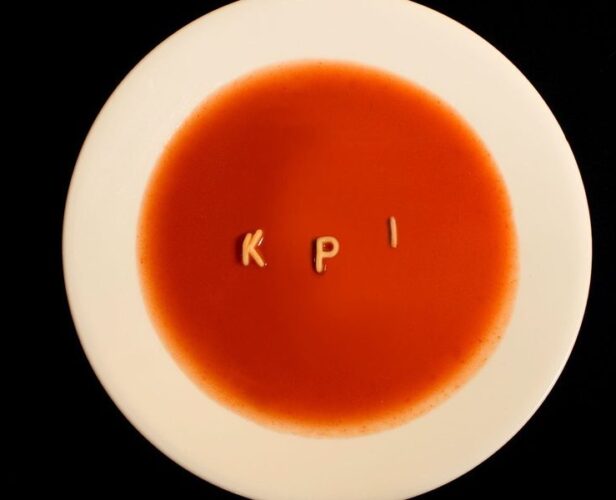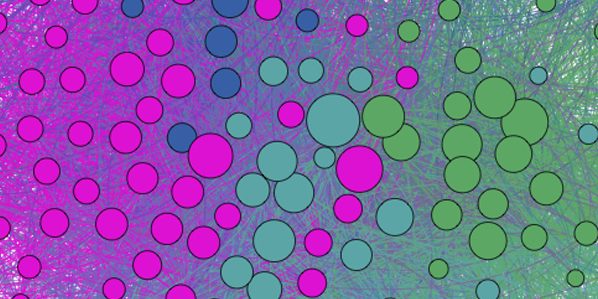Category
Data & Analytics
#Data & Analytics
Game Analytics From A Game Designer’s Perspective
As game designers, we tend to perceive our activity as a mix of art and science. After all, game design is deeply linked to psychology, as well as design! The design part is pretty straightforward and well-documented. There is plenty of reading on the topic, starting with Jesse Schell’s famous textbook. It is different with game analytics. The domain is still young. 10 to 15 years ago, we lacked both the processing power and the connectivity to track player behaviors. But today, it is different! Game analytics offer an exciting array of new possibilities for everyone in game studios! Game analytics can change the face of game development. They are helpful from alpha testing to QA, community management to monetization. Where we had to guess before, we designers can now make decisions based on real data! This is...
#Data & Analytics
Games and Analytics: A look through time
The fear of losing the fun of your game when you start implementing analytics is ever present. But taking a look at the classics from which most developers get their inspiration, will reveal seamless ways of integrating game design and analytics. One of the problems when you start looking at data for your game is that you might get lost in it. Usually, a game developer starts designing a game based on that single spark of inspiration. A radical ambition of creating a fun and memorable experience for players. All too often, the use of analytics and data gets added as an afterthought. A necessary caveat to make informed decisions, not really to make the game better, but to make the game better at putting butter on your bread. To many game creators, therefore, the use of analytics seems alien...
#Data & Analytics
Data Visualization in Games
Data visualization augments cognition. Data visualization provides new insights; data visualization teaches the reader. Games, at their core, are all about learning: spatial, temporal, motor, and sometimes even intellectual. You learn how to play within a game’s rule-set, and to improve you learn. Once you completely master a game to the core, it ceases to be fun. Once you stop learning, or if you’re unable to learn, you play games for reasons other than fun. Data visualization provides a way to aide in the learning process; to keep games fun. If the game is no longer fun, data visualization can also be used to provide other motivators to play. Types of Data Visualizations in Games The purpose of data visualizations in games can vary. Some visualizations, like a health bar, exist to show you a character’s status. Others, like a...
#Data & Analytics
The science behind mobile game addiction
A great infographic on why players keep coming back for more...
#Data & Analytics
Predictive analytics set to become more valuable in light of rising CPIs
Say you produce and market mobile apps for iPhones. You have 1 million active users in the US. Now what are these users economically worth to you? Let’s do a little thought experiment: Say you were to sell them all at market cost-per-install (CPI) to other mobile developers. In January 2012 that would have yielded 1.3 million USD – very roughly speaking and abstracting from transaction cost and economies of scale. The same thought experiment would have generated around 2 million USD in December 2012. And by now, it would generate a staggering 3.4 million USD for you [1]. That’s quite a change, isn’t it? The industry is consolidating. A few main players generate big revenues and spend big on user acquisition. The market is crowded with pretty good apps, marginalizing viral and organic growth. For developers with thin capital...
#Data & Analytics
The Golden Curve: Determining Player Value in Freemium Apps
It is impossible to perfectly know the value of a user before they stop playing the game. You can only estimate it, i.e. make a statement about the probable value of a user. This is where the Golden Curve comes in, and Julian Runge tells you all about it in this article.
#Data & Analytics
Free to Play and Its Key Performance Indicators
David Xicota presents a glossary of the most relevant and common terms in the online games industry. They constitute the background of why it’s important to design games that engage with the players.
#Data & Analytics
Introducing Clustering IV: The Case of Tera Online
Anders Drachen, Christian Bauckhage and Rafet Sifa provide a couple of examples showing how cluster analysis operates in practice on player data and how to present the results of cluster analysis, in order to make them actionable. This is the last post in its series.
#Data & Analytics
Introducing Clustering III: Challenges and Pitfalls
Anders Drachen, Christian Bauckhage and Rafet Sifa take a look at the specific challenges involved when using clustering for game analytics.
#Data & Analytics
Introducing Clustering II: Clustering Algorithms
Anders Drachen, Christian Bauckhage and Rafet Sifa briefly outline several classes of algorithms and discuss the types of contexts they are useful in. This is the second in a series of four posts.
#Data & Analytics
Introducing Clustering I: Behavioral Profiling for Game Analytics
Anders Drachen, Christian Bauckhage and Rafet Sifa introduce the foundations of cluster analysis for player behavior, and the background for why these kinds of techniques are useful for game analytics. This is the first in a series of four posts.
#Ads & Monetization
Economic Research On MMORPGS: A Quick Overview
Anders Drachen, Shawna Baskins and Joseph Riley take a quick look at some of the interesting research papers from the hallowed halls of academia and beyond.
#Data & Analytics
Visualizing Dynamic Behavior Flow
Using the MMORPG Glitch as a case example, Shawna Baskins, Joseph Riley and Anders Drachen describe the process of developing a method for generating behavioral profiles and visualizing how players over time migrate between these profiles.












